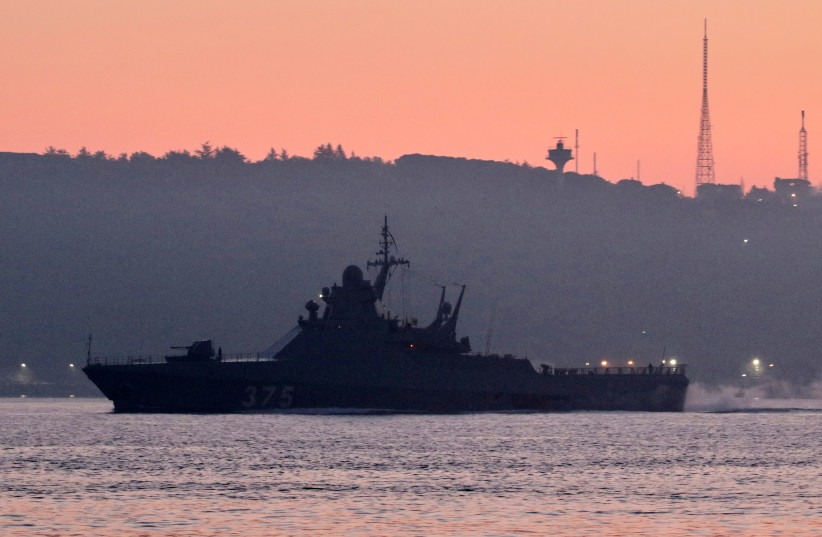US Secretary of State Antony Blinken urged all countries at the United Nations on Thursday to tell Russia to stop using the Black Sea as blackmail after Moscow quit a deal that had allowed Ukraine to safely ship its grain to global markets.
"Every member of the United Nations should tell Moscow 'enough'," said Blinken as he chaired a UN Security Council meeting on famine and food insecurity caused by conflict.
"Enough using the Black Sea as blackmail. Enough treating the world's most vulnerable people as leverage. Enough of this unjustified unconscionable war," he told the 15-member body.
Blinken announced that nearly 90 countries had backed a short US-drafted communique in which they commit "to take action to end the use of food as a weapon of war and the starvation of civilians as a tactic of warfare."
While the United States, the European Union and others have accused Russia of using food as a weapon of war by worsening a global food crisis when it invaded Ukraine in February 2022, the US communique does not specifically call out any countries.

Black Sea exports
Russia last month quit a deal that had allowed the safe Black Sea export of Ukraine grain for the past year. The pact was brokered by the United Nations and Turkey to help ease a global food crisis following Russia's invasion of Ukraine.
Ukraine and Russia are both leading grain exporters.
After Moscow quit, it began targeting Ukrainian ports and grain infrastructure on the Black Sea and Danube River, sending global grain prices soaring. Moscow has said it may resurrect the Black Sea agreement if its demands to improve its own exports of grain and fertilizer are met.
Moscow argues that restrictions on payments, logistics and insurance have hindered its agricultural exports.
"In reality, sanctions explicitly exclude food and fertilizer," Blinken said. "At the time it abandoned the initiative, Russia was exporting more grain at higher prices than ever before."
Blinken added that the United States would provide $362 million in new funding to "tackle the drivers of food insecurity and to enhance resilience" in 11 African countries and Haiti.
Separately, the Security Council in a formal statement adopted on Thursday, said it "strongly condemns the use of starvation of civilians as a method of warfare, which is prohibited by international humanitarian law, and the unlawful denial of humanitarian access."
